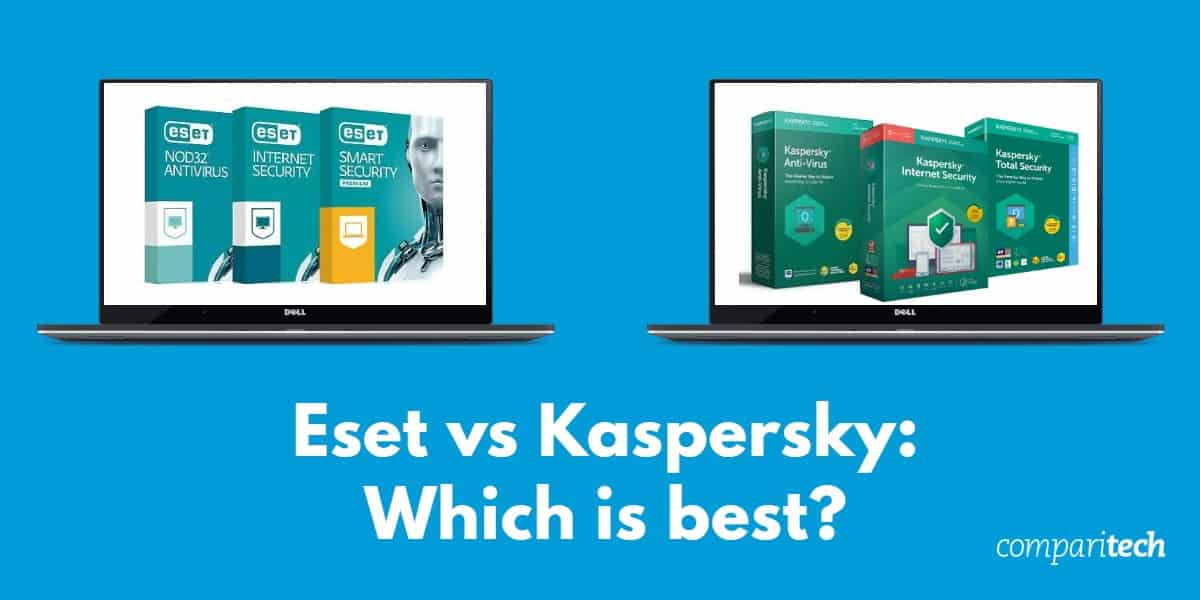

We spent dozens of hours reading results from independent labs like AV-Test and AV-Comparatives, feature articles from many publications such as Ars Technica and PCMag, and white papers and releases from institutions and groups like Usenix and Google’s Project Zero. Windows Defender, Microsoft’s built-in tool, is good enough for most people. The “best antivirus” for most people to buy, it turns out, is nothing.

And after all that, we learned that most people should neither pay for a traditional antivirus suite, such as McAfee, Norton, or Kaspersky, nor use free programs like Avira, Avast, or AVG. We set out to do a standard Wirecutter guide to the best antivirus app, so we spent months researching software, reading reports from independent testing labs and institutions, and consulting experts on safe computing.


 0 kommentar(er)
0 kommentar(er)
